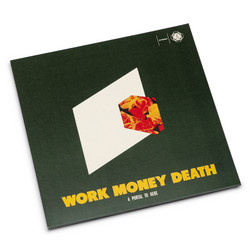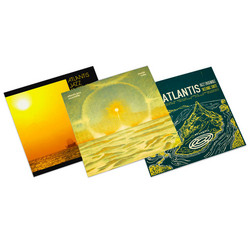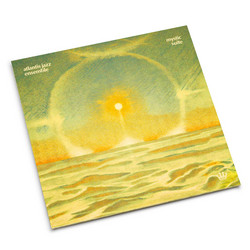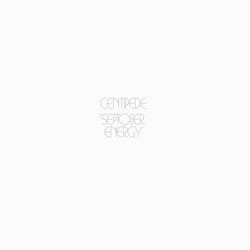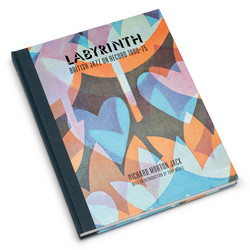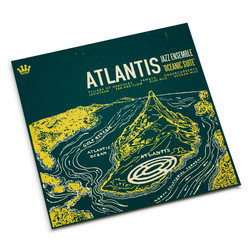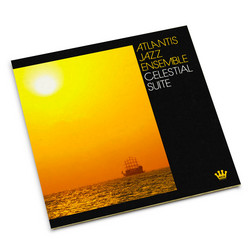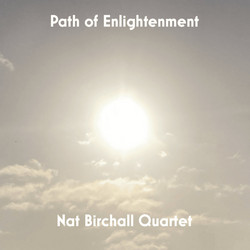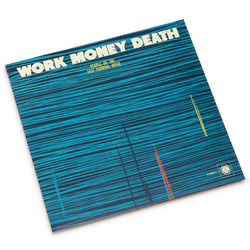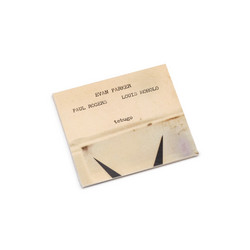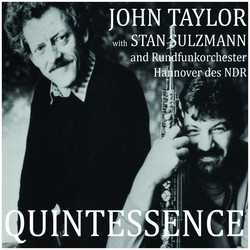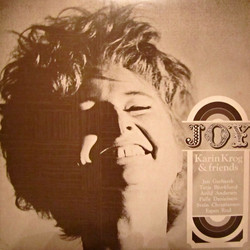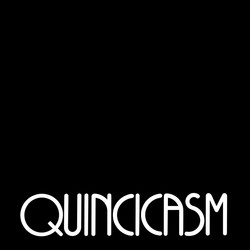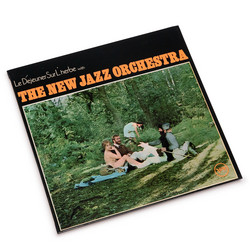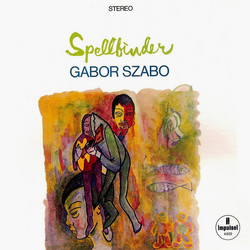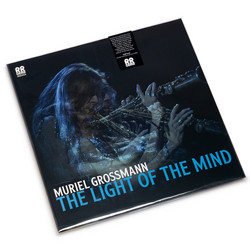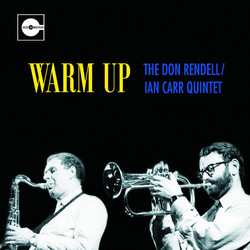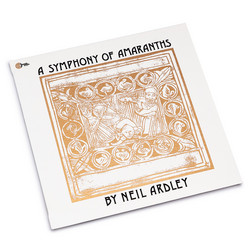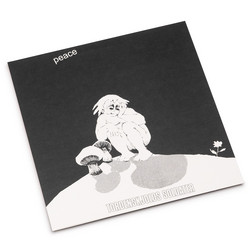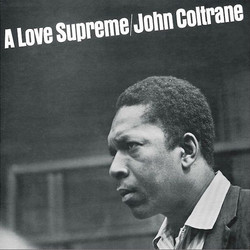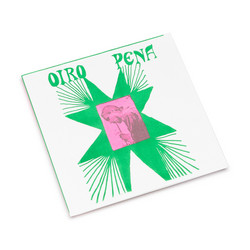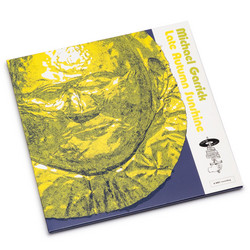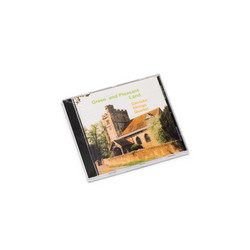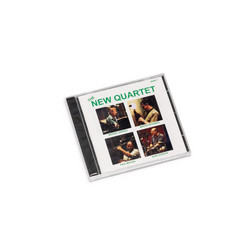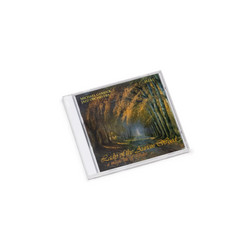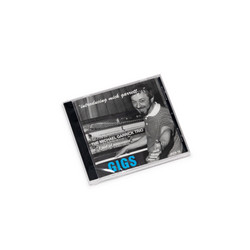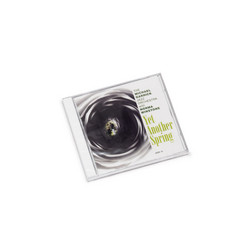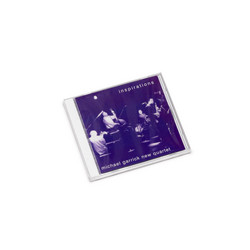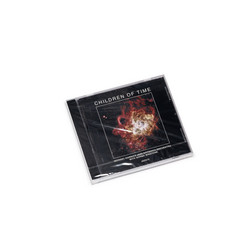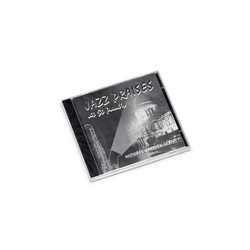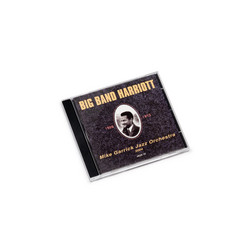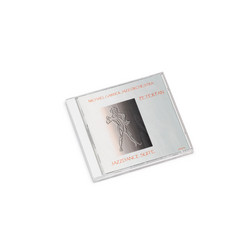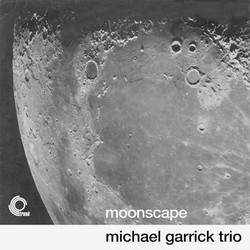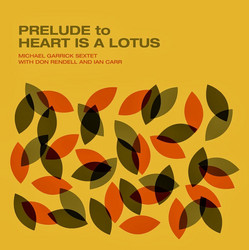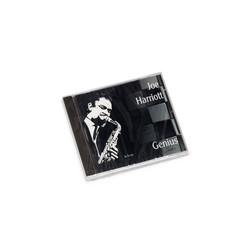** 2025 Stock ** Home Thoughts arrives as both culmination and coda in the story of Michael Garrick. Recorded in September 2011 with the group he dubbed the Lyric Ensemble and released the following year, it would prove to be his final album - an hour-long cycle in which music, poetry and personal retrospection are delicately intertwined. Instead of the choirs and large jazz orchestras of earlier decades, Garrick turns to a smaller, acoustic palette: piano, reeds, strings and voice, weaving around verses by Shakespeare, Robert Browning, William Blake, the Chinese poet Tin-Tun-Ling and others. The result feels like a private songbook opened to the public at last, a sequence of “home thoughts” in which literature, faith and lived experience meet at room volume rather than cathedral size.
The Lyric Ensemble is central to this atmosphere. Garrick’s piano provides clear, singing lines and quietly audacious harmonies, but he rarely dominates; instead, he leaves space for a narrator-singer to articulate the poems and for instrumental voices - saxophone or clarinet, violin, cello, bass - to respond in kind. The arrangements operate at the border of jazz and chamber music: a Blake setting might begin as something like an art song before the rhythm loosens and an improvisation blooms; a Shakespeare fragment can be suspended over a slowly shifting harmonic drone, more like a modern hymn than a “tune” in the usual sense. Garrick’s characteristic traits are all present - modal lyricism, sly reharmonisations, echoes of English folk melody - but now in distilled form, with every chord change feeling earned and every modulation carrying emotional weight.
Across its 12 tracks, the album moves with the logic of a gently unfolding narrative. The poets’ voices are not treated as museum pieces: Browning’s “Home Thoughts, from Abroad” becomes a vehicle for exile and longing that resonates with Garrick’s own decades of touring and teaching; Blake’s visionary intensity is mirrored in harmonies that briefly flare into dissonance before resolving into clarity. Even the lesser-known Tin-Tun-Ling text is granted equal footing, its imagery threading into Garrick’s long-standing fascination with the meeting of East and West, sacred and secular. Solos here are short, often closer to commentary than display: a clarinet sigh, a violin ascent, a brief piano coda that reframes a poem’s closing line. The restraint is striking - this is a composer and improviser who knows he no longer needs to prove anything.
As a final statement, Home Thoughts feels both inevitable and quietly surprising. Inevitable, because Garrick had been setting poetry since the 1960s, forever drawn to words as structural and spiritual companions for his music. Surprising, because instead of a grand summation, he chooses intimacy: an hour with a handful of musicians in a studio, concerned more with nuance than spectacle. For listeners already immersed in his sacred works and big-band suites, this record offers a tender epilogue in which those concerns are miniaturised and internalised. For newcomers, it works beautifully on its own terms - a cycle of modern art songs and instrumental interludes that ask to be lived with rather than merely admired, inviting the listener into Garrick’s last, most personal room.
